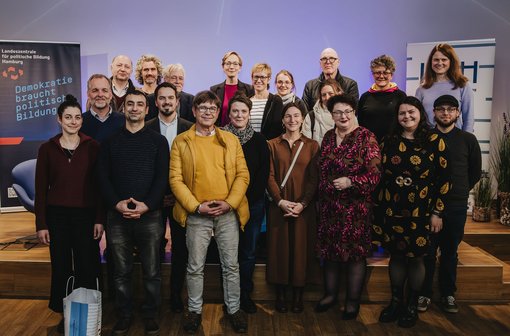Russia’s unprovoked and illegal invasion of Ukraine violates core principles of international law. It also raises questions about the future of the Organization for Security and Co-operation in Europe (OSCE), which has 57 participating States, including Russia. At an online event on 1 July 2022, members of the OSCE Network of Think Tanks and Academic Institutions discussed the implications of Russia’s war against Ukraine for the OSCE. The event was held in cooperation with the Austrian Study Centre for Peace and Conflict Resolution (ASPR) and the OSCE, and with the support of the Austrian Federal Ministry of European and International Affairs. Several members of the OSCE Network presented input statements on whether, and how, the OSCE can adapt to a new security environment. Those members were Jelena Cupać (WZB Berlin), Steffen Eckhard and Vytautas Jankauskas (Zeppelin University), Mette Eilstrupp-Sangiovanni (Cambridge University), William Hill (Wilson Center), and Andrei Zagorski (IMEMO). The speakers presented lessons learned from other international organizations and also discussed previous crises of the OSCE and its predecessor, the CSCE.
The event was attended by over 90 researchers, OSCE representatives, and diplomats from OSCE delegations in Vienna and from other governments. Argyro Kartsonaki, senior researcher at the Centre for OSCE Research (CORE) at the IFSH, served as moderator, and Cornelius Friesendorf, head of CORE and co-coordinator of the OSCE Network, provided an opening statement. Panelists and participants pointed out numerous difficulties for the OSCE in areas including conflict prevention and human rights protection. At the same time, there was an overall consensus that the OSCE should and could be preserved in order to further cooperative security.


![[Translate to English:]](/file/_processed_/0/9/csm_2022-06-22_ifsh-argyro-kartsonaki_web_4e66d863d2.jpg)


